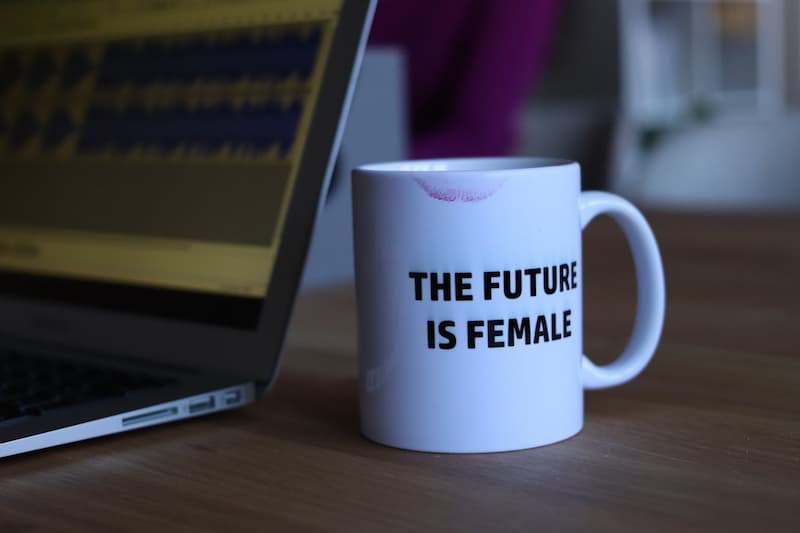Women in the Law: Sparking a Flame for Future Minority Attorneys
December 19, 2016
Ed. Note: At Hire an Esquire, we aim to bring you fresh, relevant perspectives from around the legal industry. We’re partnering with Law School Transparency to bring you Women in the Law, a podcast mini-series and related articles that examine the many professional and personal challenges that women continue to face as members of the legal profession. “Come into the house right now. I told you not to play with those awful colored kids.”
At nine, riding my bike with neighborhood kids during the days when children roamed free before dinner, I heard those words and looked around to find the vile beasts this mom was warning her child against. It took a couple of heartbeats for me to realize she meant me.
That was the moment when the stark reality of discrimination began to darken my consciousness, shattering my sheltered South Asian Indian identity and causing me to rethink my place in the world.
Until then I hadn’t considered myself anything other than an ordinary American girl who lived for pizza, cartoons, and sleepovers. I was born and raised in the sleepy suburbs of Atlanta, where my school hosted a diverse student body made up mostly of minorities. My parents were hardworking, English-speaking, middle-class citizens who expected good grades but had otherwise adopted progressive parenting strategies despite being first-generation immigrants. Those words shed a piece of my innocence and made me recognize I was different—and that different might not be good.
The legal workplace, fast-forwarding several decades, reminds me that prejudice still persists and overcoming it is hard earned. When I first began my legal career working for San Francisco Baykeeper fifteen years ago, as is the nature of an understaffed non-profit trying to save the world, I was thrown into meetings with old-guard agency staff and big law firm attorneys. Because I was different and an inexperienced attorney, they would talk down to or around me, and contact my white, male boss for his input. (To my enlightened former boss’s credit, he always redirected them back to me.)
When they grasped that I was there to stay, I was integrated into the discussions. Often my fresh perspectives were appreciated, but sometimes not so much. An older male attorney once patted me on the head after I testified for stronger permits to control pesticide runoff. Another mocked me and called me “honey” during a negotiation when I refused to settle for weakened protections for San Francisco Bay wildlife. A male lobbyist tried to intimidate me with a half-hearted, late-night death threat because I was holding oil refineries accountable for mercury pollution. And at one point I learned that my assertiveness to stop sewage spills in Bay Area communities had gained me the nickname “bulldog,” which I decided to accept as a compliment.
Each time the bigotry makes an appearance I’m transported back to that pivotal childhood experience. While I haven’t experienced overt racism in California, the benevolent sexism I’ve experienced throughout my legal career is no more palatable. It would be nice to be afforded a presumption of competence and mutual respect when I introduce myself to old-guard lawyers. I try not to feel frustrated or embarrassed by the extra energy required to overcome initial prejudices and prove I’m equally capable. Instead, I prefer to feel inspired. Every instance of subtle discrimination reignites my conviction that I can make positive change by remaining true to my identity and my values.
I choose to fight my battles for clean water and healthy communities even more fiercely to demonstrate that dynamite comes in all shapes, even small, brown, curvy packages. And I look for ways to support women of diverse backgrounds who want to explore public interest law. I believe that by being an active mentor, and embracing my responsibility as a role model, I can help spark a little flame within minority women entering the legal profession – so that each of us can shine more light in the legal world to help cast off the inequities and leave them in our past.
Sejal Choksi-Chugh is the Executive Director and Baykeeper at San Francisco Baykeeper, a non-profit founded in 1989 to leverage policy, science, and litigation to protect San Francisco Bay. Sejal joined the Baykeeper team in 2002 as an Equal Justice Works legal fellow and held various positions before becoming director in 2015.
As the San Francisco Baykeeper, she also serves as a permanent member of the Waterkeeper Council at the international Waterkeeper Alliance, the fastest growing global network of grassroots organizations protecting the world's waters.
Sejal holds a J.D. with a specialization in Environmental Law from the University of California at Berkeley, and she graduated summa cum laude as a Robert W. Woodruff Scholar from Emory University with a B.S. in Anthropology and Human Biology.